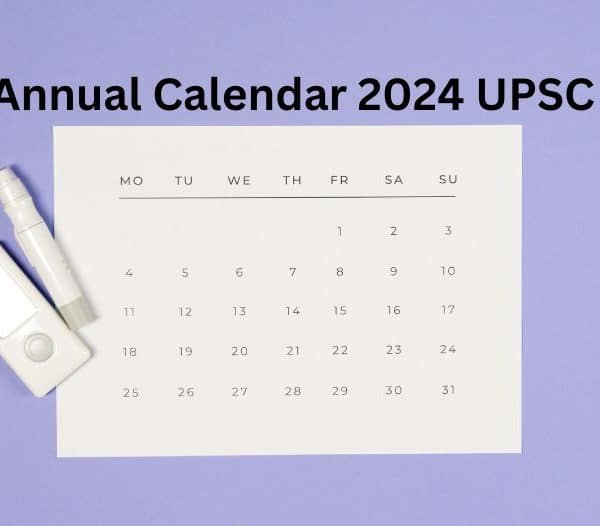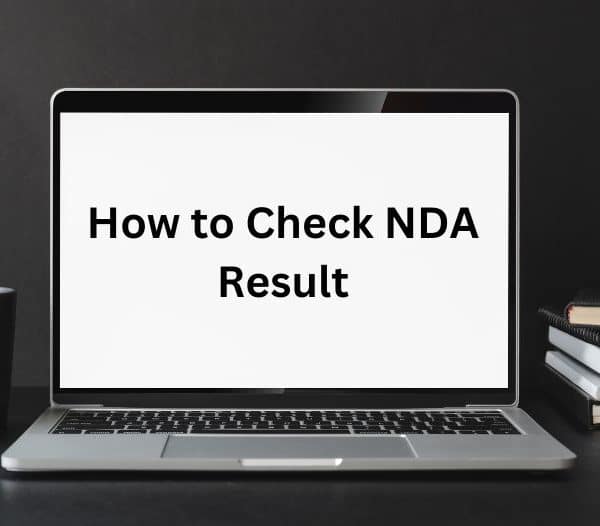IPS is a highly regarded position in India’s internal security framework. The Indian Police Service is the most fundamental aspect of Indian democracy. IPS Officer plays a key role in the formation of law and order at the root level in the country. The rank of an IPS officer is an accomplishment in itself. To get into IPS you would need to take a civil service exam undertaken by UPSC. Since the Indian Police Service is a practical service and candidates will not be accepted unless they meet the physical eligibilities. Let’s get to know them to get a better perspective.
Height Requirements for Civil Police Physical Test
The Minimum Height Required for Male Applicants: 165 cm. For the women applicants, it is 150 cm.
That being said, ST candidates have a relaxation of 5 cm, hence the necessity is only 160 centimetres for ST male candidates and 145 centimetres for ST female candidates. Relaxed minimum height is approved not only for candidates belonging to the Scheduled Tribes, but also for races such as Gorkhas, Garhwalis, Assamese, Kumaonis, and Nagaland Tribal, etc. whose average height is significantly lower.
IPS Chest and Height Requirements
| Chest | Minimum 84 cm. Expansion 5 cm | Min 79 cm expansion 5 cm |
| Eyesight | 6/6 or 6/9 distant vision for good eye | 6/12 or 6/9 for worst eye. Near vision J 1 for good eye. J2 for worst eye |
Corrections such as Spectacles, CL, and Refractive Surgery such as Lasik, ICL, IOL, etc are allowed. However, if refractive surgery has been performed, the case should be submitted to the Special Board of Ophthalmologists. Also If you have a squint, you are deemed unfit for IPS. You will need binocular vision and high-grade colour vision to be medically fit for Indian police services.
Other physical requirements include- Blood pressure: age 23 – 123; age 24 – 124; age 25 – 122; age 28 – 124; age 30 – 125; age 32 – 126; age 34 – 127.
Ear-Good hearing and normal hearing cavity; 1000-4000 frequency hearing loss should not exceed 30 decibels.
Nasal-Candidate is not permitted to stammer when speaking
As far as the weight is concerned, there are no specific requirements mentioned by UPSC.
Also Read: Best IPS Officers In India: India’s Best IPS Officers to Serve the Country after Cracking UPSC
Salary of Indian Police Officers
The pay of an IPS officer is very close to that of an IAS officer, with only slight variations. The entry-level IPS officer is paid a basic salary of Rs.56100, while the highest-ranking officer (DGP) is paid Rs.2.25,000. In addition to standard pay, allowances such as DA, TA, etc are given.
Indian Police officers are eligible for pay raises and promotions throughout their career span.
What’s Next after Selection?
Once an applicant meets all the physical and medical criteria the will be selected for the Indian Police Service rank, the first 3 months of their 2-year evaluation process will be in LBSNAA, Mussorie for the Foundation Course, which is routine training for IAS, IPS, and IFS officers. The candidates selected for IPS will then transfer to the National Police Academy (NPA), Hyderabad, for 11 months of academic training. Here, candidates will undergo indoor and outdoor training.
What Kind of Roles can IPS Participate in?
Indian Police Officers can be assigned to different capacities in autonomous organizations/subordinated organizations/PSUs/UN Organizations/International agencies. They can also act as personal secretaries to ministers of the central government.
IPS officers guide and direct the Central Armed Police Forces (CAPF) which include Central Police Organizations (CPO) and Central Paramilitary Forces (CPF) such as the Border Protection Force, Central Reserve Police Force, Indo-Tibetan Border Police, National Security Guard, Central Industrial Security Force, Vigilance Organizations, Indian Federal Law Enforcement bodies.
Indian Police Officers also manage and order Indian Intelligence Agencies such as Research and Analysis Wing, Intelligence Bureau, Central Bureau of Investigation, Criminal Investigation Department, etc.
Conclusion
IPS act as guardians for the country. Maintaining peace among the people is one of the most main roles of the IPS officers and they are responsible for taking the required decisions in their state or district to preserve peace.
The welfare of VIP IPS officers is always the responsibility. In fact, IPS officers are also given a duty to protect the Chief Ministers and the Prime Minister.
IPS officers carry out all their duties with devotion, bravery and duty to the people of India. A high degree of professionalism, mental and physical health is required to demonstrate and understand that their responsibilities are responsible for the protection of human rights.
Also Read: How to Become an IPS Officer After Graduation? What to Study to Become an IPS Officer?






